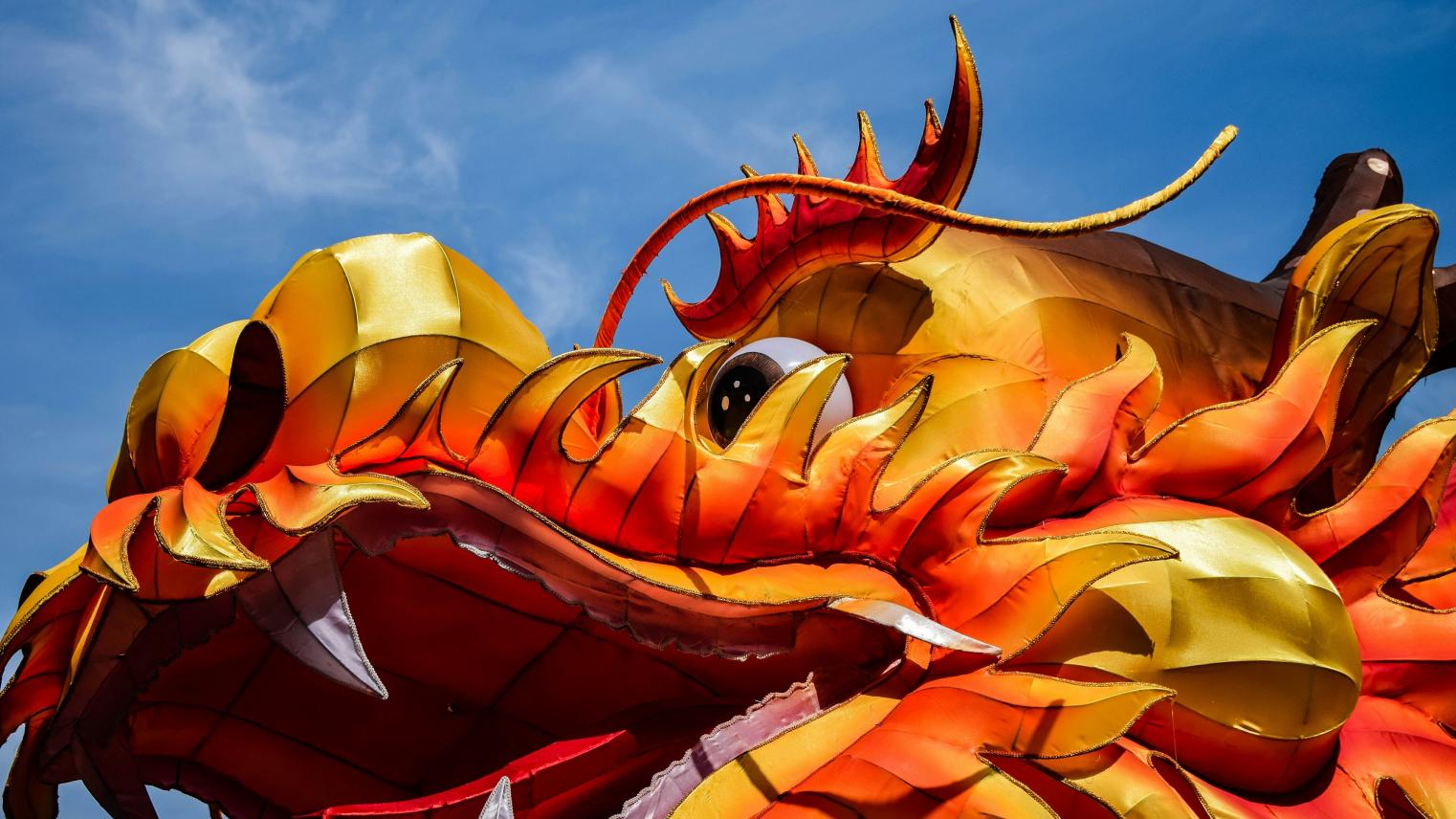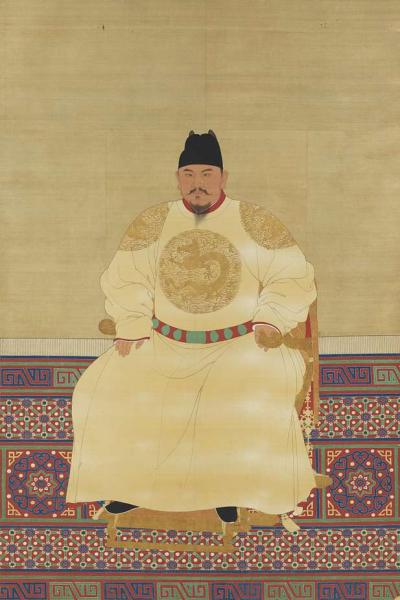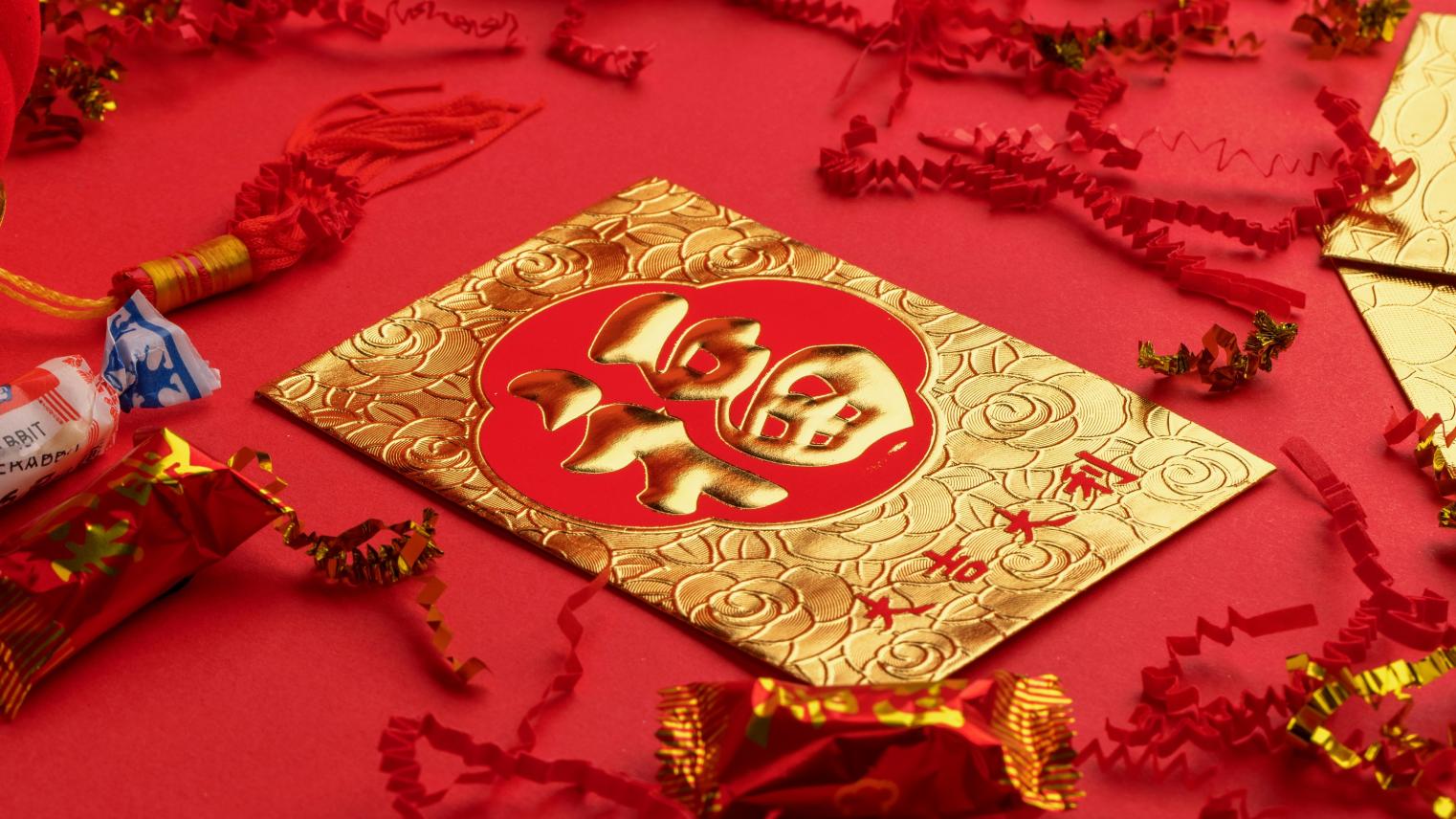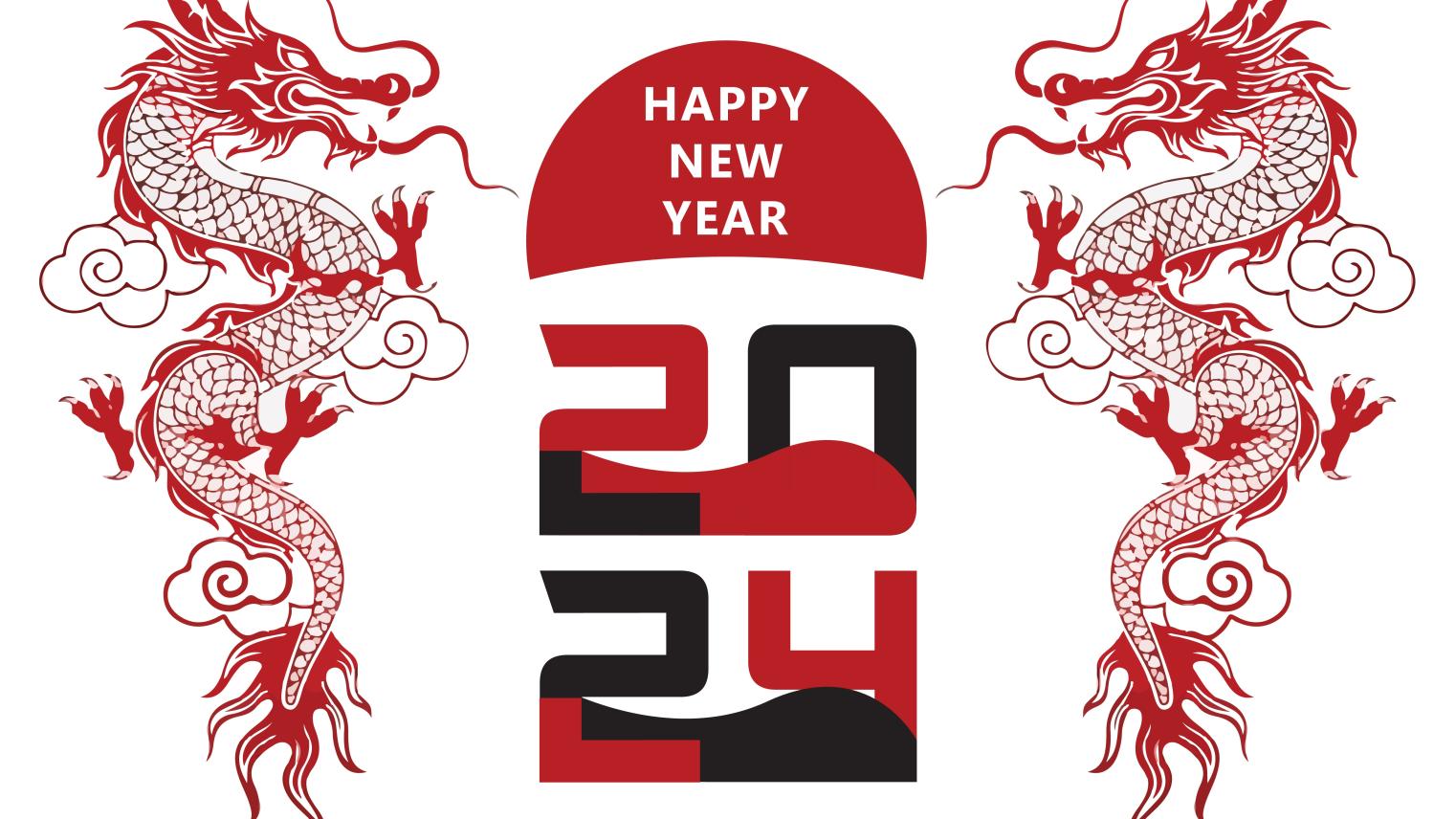Drive the winds of change like a mighty dragon this Lunar New Year

Lunar New Year in 2024, kicking off on 10 February, marks the start of the Year of the Dragon. What is the significance of this annual festival, and what sets the dragon apart from the other animals of the Chinese zodiac? ANU experts tell us more.
The Chinese Calendar is also known as a lunisolar calendar, which means it is based on both the solar and lunar date cycles. In China, the Lunar New Year is simply referred to as the Spring Festival, and while it originated in China, the occasion itself is observed and celebrated in many different cultures across the world, particularly throughout Asia.
Besides being characterized by one of 12 zodiac animals, the Chinese lunisolar calendar is associated with one of five elements—earth, fire, metal, wood, and water. The 2024 Lunar New Year is the fifth in the zodiac and the Year of the Wood Dragon.
How did the Chinese dragon come into being?
There are many legends related to the Chinese dragon, and one of the most popular folk tales goes like this: tribal communities practicing totem worship in early Chinese civilisation created the dragon from different totems. They created a powerful creature by combining the traits of different animals such as tigers, fish, eagles, camels, and snakes.
Many believe that Huangdi, a tribal ruler (the Yellow Emperor), initiated wars against nine regions in the Yellow River Valley; when he had conquered them all, he combined all the different totems of these regions into a dragon totem.
Interestingly, one of the most ancient dragons supposedly unearthed in China is more than 6,000 years old, and the tomb owner, Zhuan Xu, is speculated to be the grandson of Huang Di.
Popular folklore also has it that the early Chinese, who lived primarily on agriculture and fishing, depended a great deal on the weather and rainfall. They believed that a divine force controlled the weather—the dragon. Chinese mythology is replete with stories on the dragon being an inhabitant of water bodies.
According to Dr Annie Ren from the ANU School of Culture, History & Language within the ANU College of Asia and the Pacific. “The dragon dance observed during Lunar New Year celebrations and other festivals is thought to have originated in ancient rituals carried out at the beginning of the planting season, where it was necessary to awaken the dragon from its winter slumber.”
Based on mythical folklore, the Jade Emperor, ruler of heaven, declared that the zodiac lineup would be determined exactly by the order in which all the animals arrived at his function. Story has it that the Dragon was late – coming in fifth – because he stopped to create rain for a village suffering from drought.
What makes the Dragon so unique in the Chinese zodiac?
Did you know that the dragon is the only mythical creature in the 12 Chinese zodiac signs? What’s more, explains Dr Ren, contrary to its Western avatar, the Chinese dragon is associated with water bodies. It breathes clouds or water-related elements rather than fire.
“Unlike its wicked, fire- blenching cousin in Western legends, the Chinese dragon is revered for its rain-making power. It is believed that in winter, the dragon sleeps curled up at the bottom of the ocean or river, and at the dawn of spring, it soars into the sky whirling clouds, bringing rainfall,” says Dr Ren.
Dr Ren elaborates that it is perhaps the dragon’s divine rain-making power that made it a fitting imperial symbol for Chinese emperors, who considered themselves the ‘son of heaven’. By the Ming dynasty (1364–1644), only emperors could wear robes decorated with elaborate patterns of the dragon.

The mythical dragon in the West can sometimes be associated with fear or danger, but typically Chinese dragons are more benevolent and heroic.
“In the Chinese zodiac and culturally speaking, the Dragon is closely related to human prosperity and all things auspicious,” ANU Chinese Studies expert Dr Yanyin Zhang says.
However, Dr Ren does cite that years of the dragon in the Chinese calendar can be thought of as those with potential danger and change.
“In 1976, which was also the Year of the Dragon, the Tangshan earthquake killed nearly 250,000 people, according to official statistics. In the same year, China’s paramount leader Mao Zedong, along with other influential politicians such as premier Zhou Enlai and general Zhu De all passed away.”
What traditions are integral to Lunar Year celebrations?
(Adapted from the 2023 Lunar Year Article in the ANU Reporter, This Lunar New Year, be agile like a rabbit or cat)
Lunar New Year is also known as the Spring Festival in Chinese culture, but it is widely celebrated all over the world by many Asian cultural communities. In Australia, too, it is a widely embraced festival, with people observing several customs that are followed traditionally.
Thoroughly spring-cleaning houses symbolises getting rid of the old and welcoming the new, ANU Chinese Studies expert Fengyuan Ji explains. Many people also paste the Chinese character “Fu” (prosperity 福) on doors, hoping the New Year will bring good luck.
Shopping and preparing food in the run up to New Year’s Day is an important activity. Most people host a big family feast on New Year’s Eve (年夜饭), which includes making and eating dumplings in Northern China. Dr Yanyin Zhang explains, “Fish (yu 鱼) is nearly a mandatory item on the table in the Chinese New Year. Yu鱼 is phonetically identical to Yu余, meaning ‘surplus’. Having ‘fish’ in the Chinese New Year, therefore, symbolises wealth, abundance, and generally good fortune every year, hence the expression ‘nian nian you yu 年年有余’ (surplus every year)”.
“The Chinese typically have a strong culture of food and gifting,” Ji says. “People often celebrate the New Year by getting together with family and friends at dinner tables. In the past, they would cook at home, but now most people eat out.” During the entire two-week New Year period, which ends with the Lantern Festival, most good restaurants tend to be completely booked out.
For thousands of years, one of the most important traditions has been to visit (bainian 拜年) relatives, close friends, good neighbours and old associates (including favourite school teachers), often with gifts in hand.
Children often receive a Red Packet (hongbao 红包) from their parents, grandparents and close relatives that contains money, from just a few Chinese yuan to thousands of yuan depending on the child’s age and the family’s financial circumstances.

Ultimately, every year this festival represents a time for people to reconnect with family and friends; to reflect on the year gone by and to prepare and look forward to a new year, filled with hope and potential.
And this year, it is hoped that the Dragon will bring people the strength and fortune to overcome obstacles to achieve success.
Happy Lunar New Year to all!
